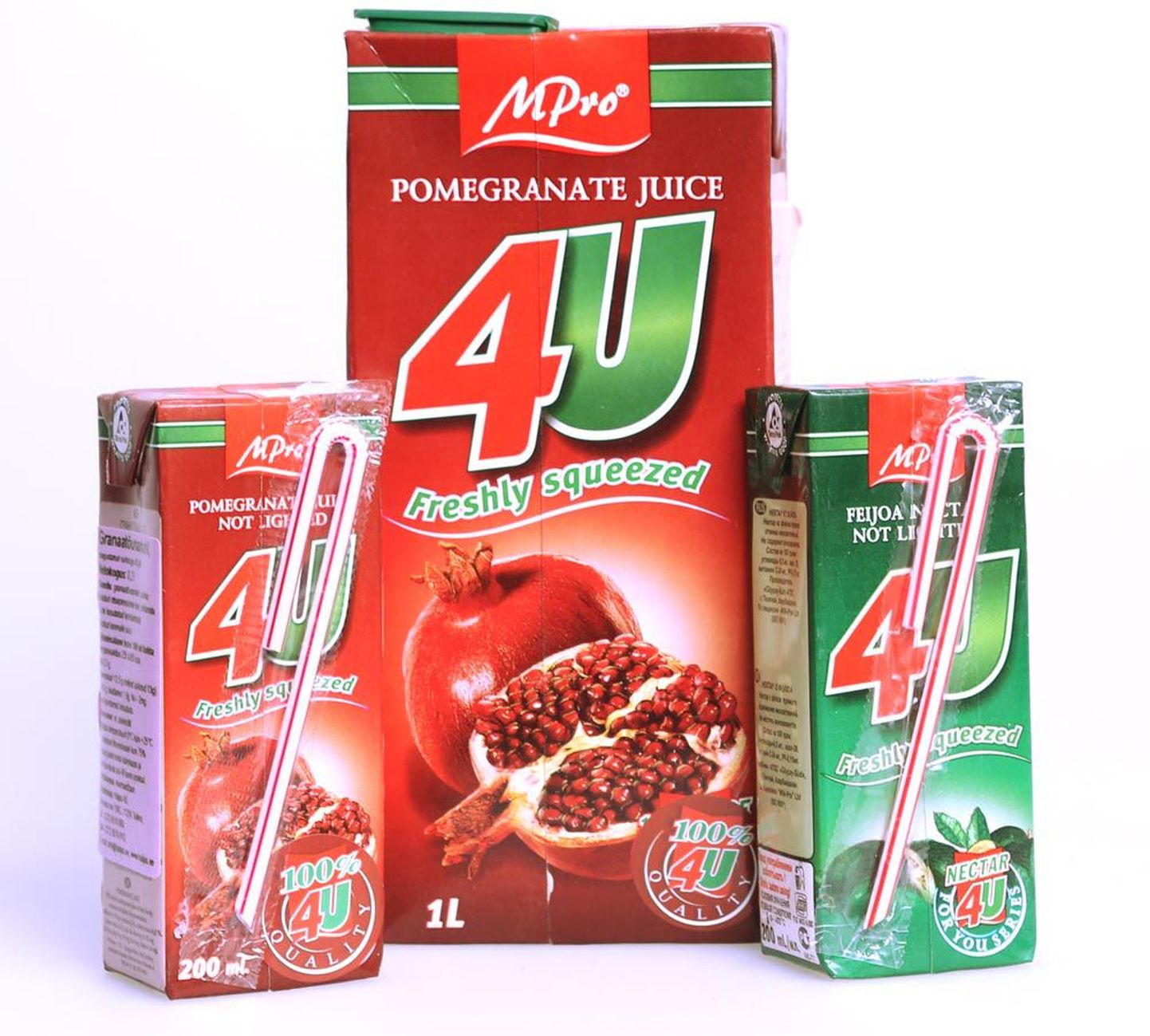
On Friday, Harju County Court judged wholesaler Haljas and its two executives guilty of offering graft to purchasing manager of a leading retail chain in Estonia, punishing them by fines totalling close to €28,000.

On Friday, Harju County Court judged wholesaler Haljas and its two executives guilty of offering graft to purchasing manager of a leading retail chain in Estonia, punishing them by fines totalling close to €28,000.
The criminal case is rarity for Estonia, having to do with corruption in the private sector. «In our corruption cases, the percentage of private sector is many times smaller than the public one; this case being the only private sector issue reaching the courts, so far,» says Mati Ombler, head of corruption crimes bureau.
Last fall, a case unravelled at Central Criminal Police, during which accusations were filed against AS Haljas – one of the earliest enterprises established during Estonia’s regained independence – its board member (35) and purchase-sale director M. (49).
Namely, the Police was informed of the Tallinn-based Haljas management allegedly having made a criminal proposition to purchasing manager of a leading retail chain in Estonia: the purchasing manager shall not require additional price concessions on Haljas’ non-alcoholic beverages sold in the chain; in exchange for that, the wholesaler shall pay the purchasing manager a monthly sum of money linked to sales volume of juices and other beverages supplied by Haljas.
The offer would have meant 0.5 to 1 euro cents in the purchasing manager’s pocket on every item sold. This does not look like much; even so, in the longer perspective, the purchasing manager would have earned thousands of euros.
This is a scheme probably used in Estonian private sector for years, still utilised mainly in foodstuff and building materials business. This time around, however, another gear altogether kicked in. Namely, the purchasing manager, instead of agreeing to the deal, addressed employers, the latter filing a criminal offence report to police.
Several special manoeuvres were performed by Central Criminal Police to acquire evidence, culminating with a number of searches. During the latter, a notepad of a participant was seized, containing handwritten notes of meetings, on two pages.
Even though the participants denied guilt, the telephone calls secretly recorded and notepad found proved evidence enough to allow Northern District Prosecutor’s Office to charge Haljas and its two executives with offering of graft.
For the image of Haljas, a company owned 100 per cent by Estonian capital, this was a serious blow. The company earlier mostly positively viewed as major sponsor of Food Bank, hired for its defence three lawyers from the Maria Mägi office.
To conceal the company’s price policy, the court case was held in camera for preservation of business secrets. On Friday, Harju County Court still judged participants guilty in criminal offence.
The severest penalty hit AS Haljas, as a legal entity, having to pay the state €20,000 – by instalments of €2,000 during ten months. Board member and M. got off the hook easier. Even though pecuniary punishments were issued to both (to board member €4,960 and to M €4,070), in reality both will only have to pay €1,000 of that.
Regarding the rest of the penalty, county judge Liina Pohlak gave them conditionality with three years of probation. Board member and M will avoid having to pay that, if they will not intentionally commit any crimes during the upcoming three years. Also, all three accused will have to pay the state €480 compensation levies and compensate for experts expenses totalling €861.
Probably, the judgement will be contested in district court, the reasons for that being many. Firstly, Northern District prosecutor’s Office was seeking far larger real pecuniary punishments. For instance, they wanted a €80,000 fine for Haljas, a sum four times larger than judged. Board member was desired to be charged €7,440. The prosecutors and the court only agreed about the punishment of M.
Even when prosecutors will waive contesting the judgement, Haljas and its executives very likely will – having pleaded not guilty.